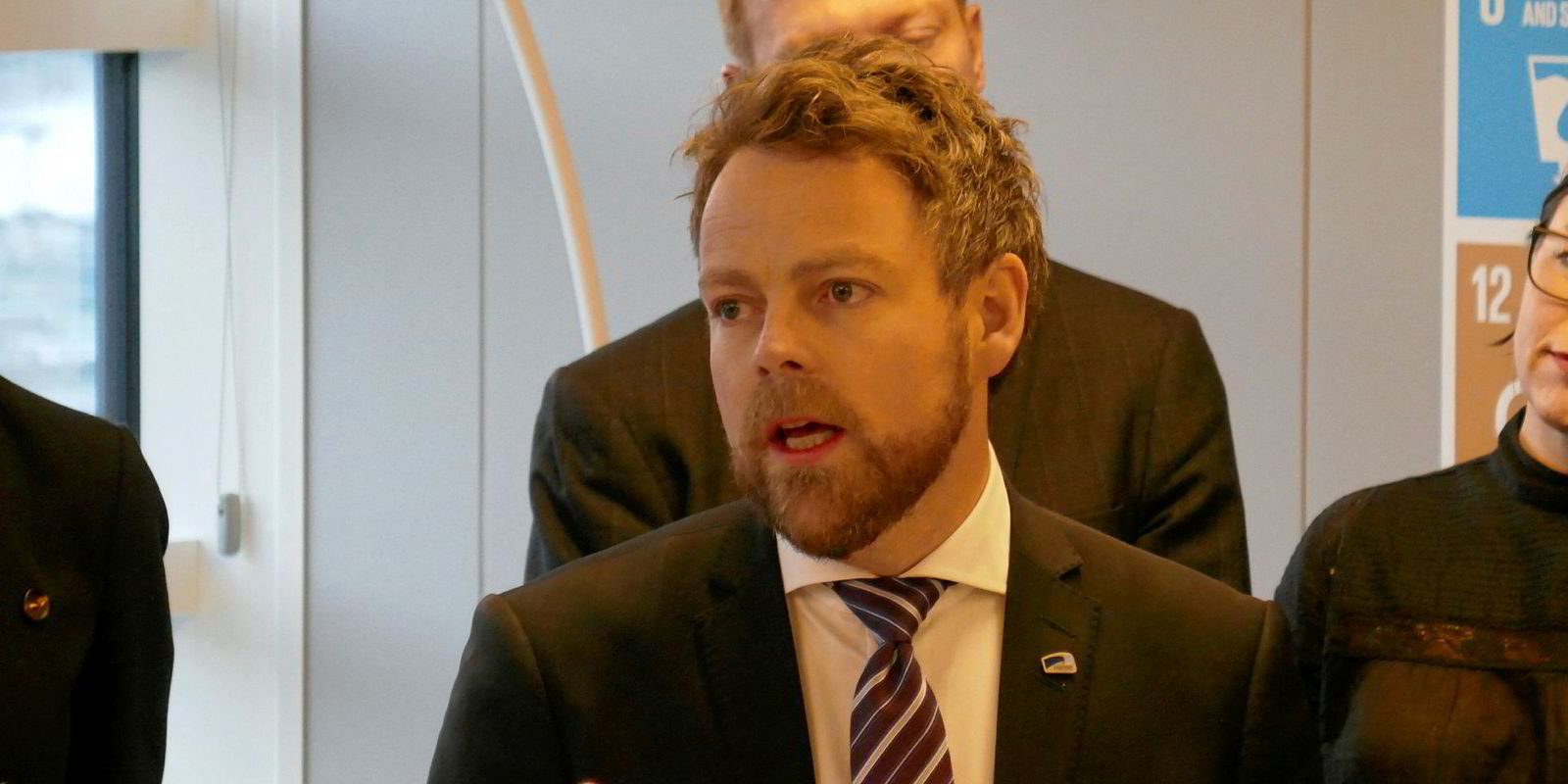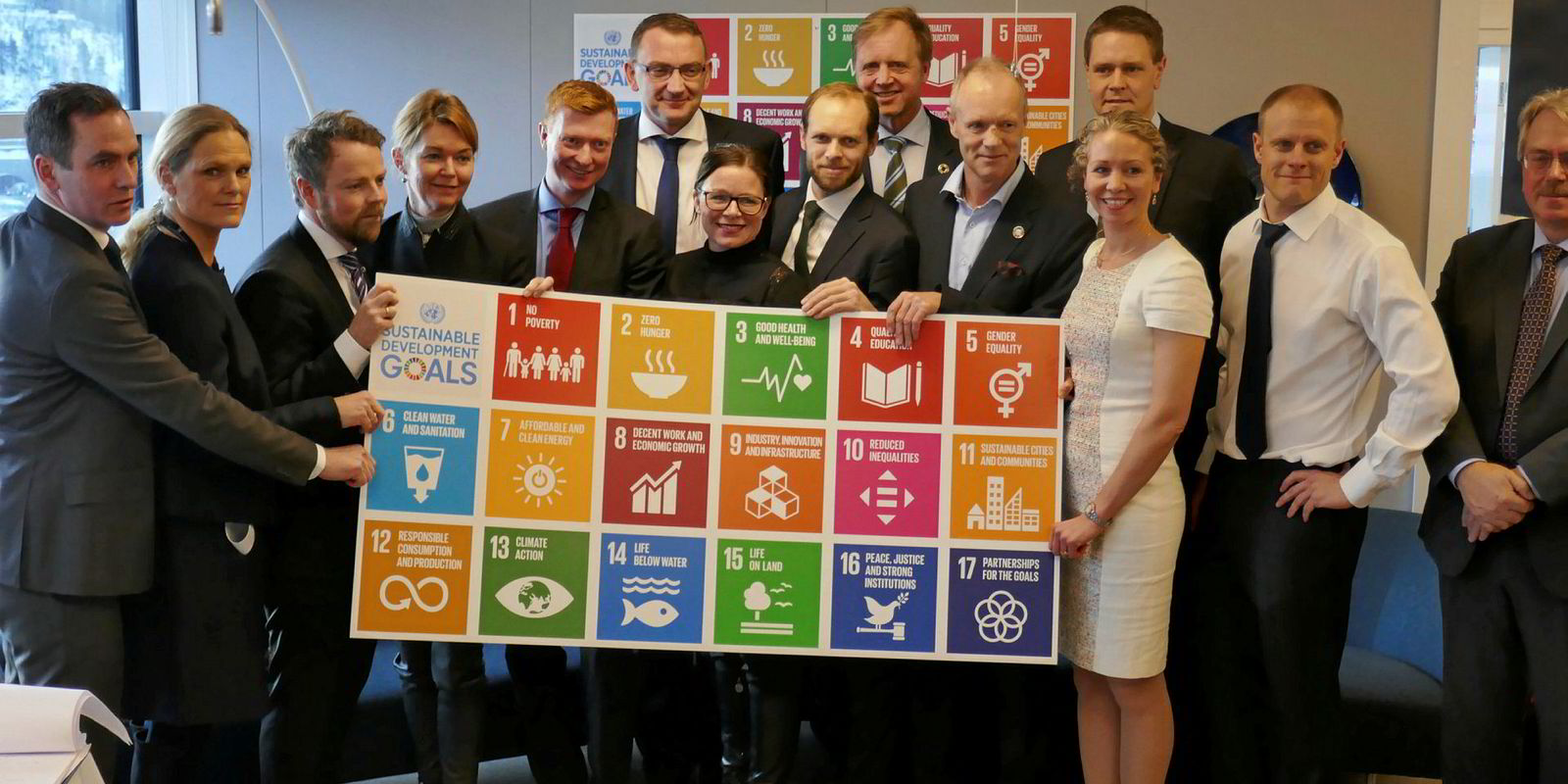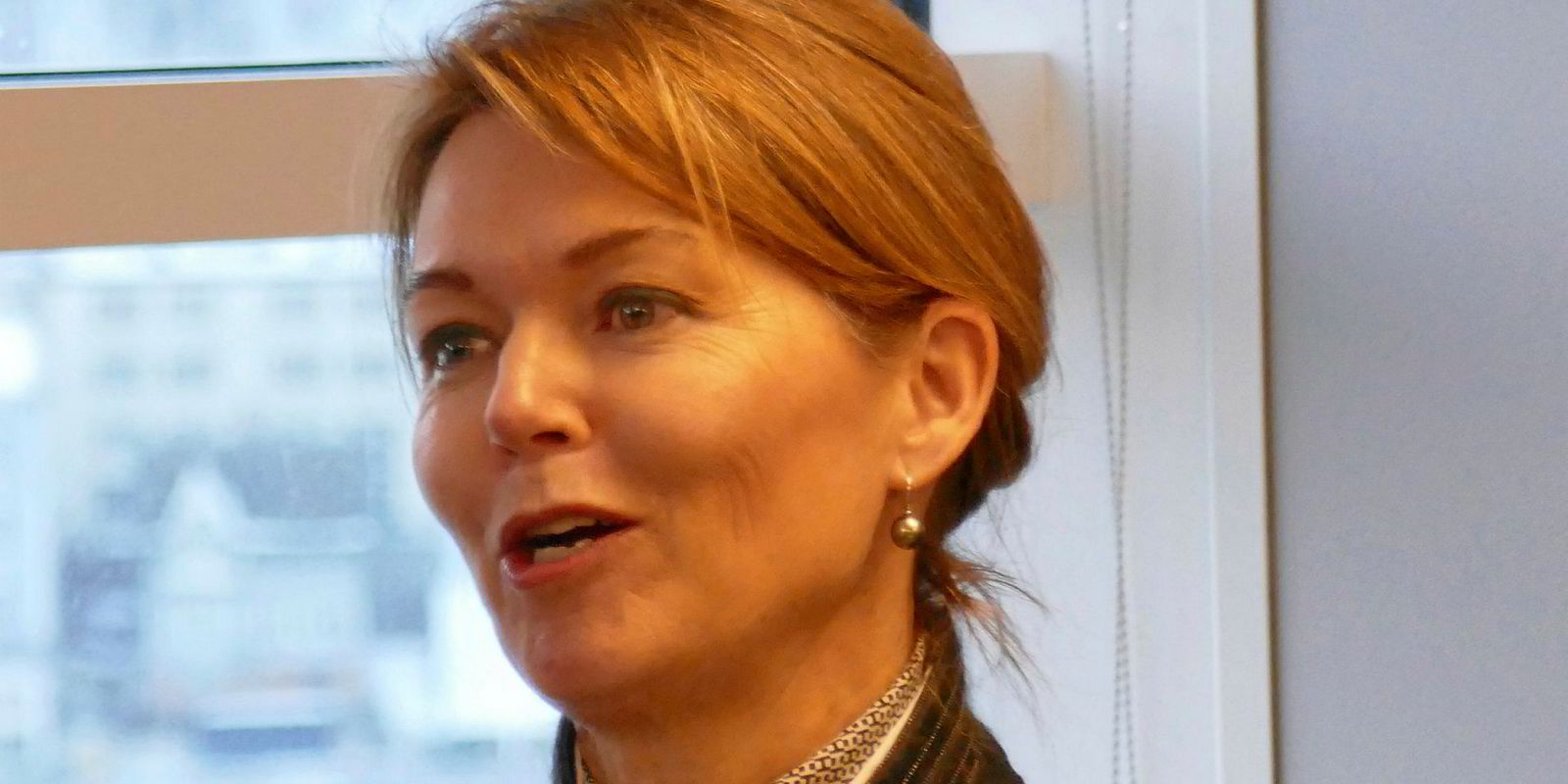Norway was "naturally eager” to be the first sponsor of the UN’s new Business Action Platform for the Ocean, according to its trade and industry minister Torbjorn Roe Isaksen.
“From our Norwegian perspective, we view our guardianship of the sea as one of our most important tasks. We owe it to the oceans but, first and foremost, we owe it to ourselves and to our coming generations,” he said.
The world’s oceans will be a crucial global resource to achieve the UN’s ambitious goals of wiping out poverty and hunger by 2030, he said, but business prosperity and profit are also key pieces of that same puzzle.
Alongside a number of domestic companies, Norway became the first governmental sponsor of the UN Global Compact’s new Ocean Platform last Friday.
Roe Isaksen, an MP for Norway’s Conservative Party, spoke at the ceremony in Oslo at the offices of fish farming company Cermaq, which was the first private-sector player to support the platform.
“It is not really peculiar that Norway should take a leadership role when it comes to oceans because it is both a global interest, of course, but it is also in our own self-interest and runs through our history,” Roe Isaksen said.
“For our entire written history, we have lived by the sea, off the sea and for the sea. That background, in the government’s opinion, places a heavy responsibility on our shoulders.”
Roe Isaksen said that with only 2% to 5% of global food consumption being made up of seafood, the only way to end hunger is to increase that share. Along with increasing food production from the oceans comes the creation of jobs.
“In developing countries, nine out of 10 new jobs are to be found in the private sector,” he said.
“Ocean economies alone may create 40 million new jobs globally by 2030. This is what poverty reduction is really about — jobs, giving people a way to earn a living.”
Roe Isaksen also indicated that the UN’s high-minded goals should be seen as an opportunity and not a burden for businesses.
“I think there may be a false dichotomy between production and protection. We have proven, I think, in Norway for centuries that it is possible to harvest the riches of the sea without reducing their value,” he said.
“I think we have also shown that a green economy need not lead to red numbers. In most cases, if you do it in the smart way, it is quite the opposite. But we do know that dead oceans lead to red numbers.”






